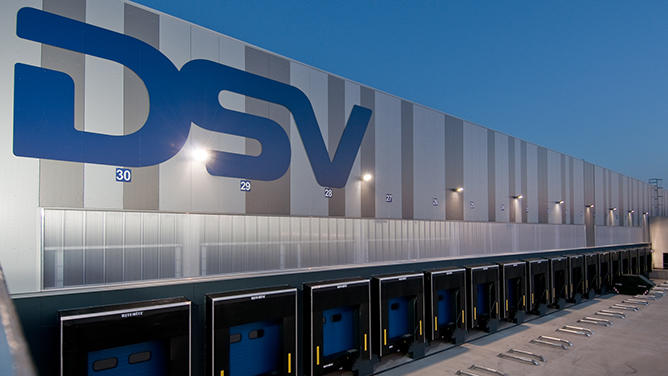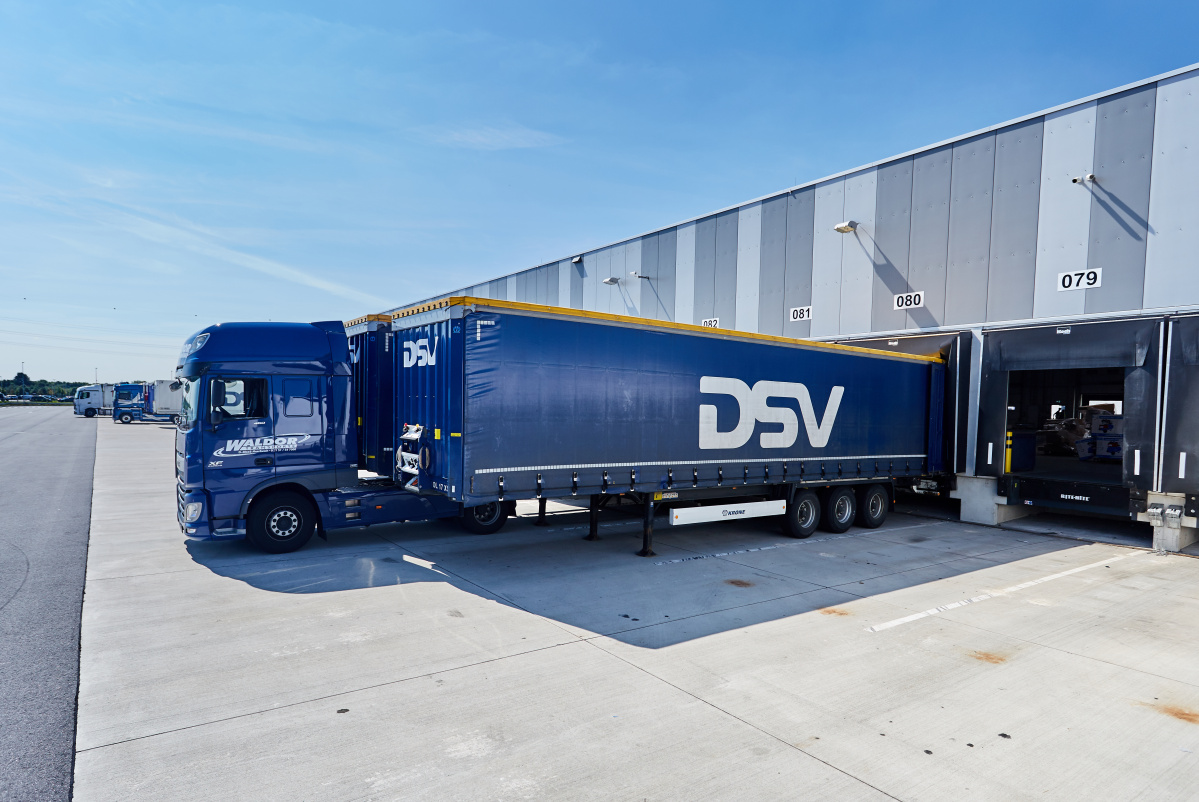DSV Panalpina said more than 3,000 employees could lose their jobs as a result of business lost to the coronavirus outbreak.
“This is not something we do lightly,” said chief executive Jens Bjørn Andersen, “but over 3,000 good, loyal employees will have to leave the company – if our activity levels go up we will add people, but when they go down it is necessary to adjust the cost base.”
He added that the company was “aiming to reduce its cost base by 10%” in response to the decline in volumes and revenues.
Mr Andersen explained that 50% of the cuts were expected in its air and sea freight forwarding division, 30% from its road transport business and the remaining 20% from its contract logistics arm, DSV Solutions.
The cuts would affect “every region, every country”, and CFO Jens Lund said that around 80% of the job losses would be among white-collar staff.
The timing of the job losses would largely depend on local employment regulations, but Mr Andersen said: “The most important thing is that we do this in a respectful manner, but it will need to be done this year so that next year we have the full-year effect.”
DSV said the redundancies were expected to cost it around Dkr1bn ($145m) as it aims to reduce its overall costs by Dkr1.4bn.
The company reported first-quarter results this morning, which saw revenue grow 36.6% year on year to Dkr27.3bn, while ebit grew 7.6% to Dkr1.56bn.
However, DSV’s integration with Panalpina -which began eight months ago and has been extensively picked over in Loadstar Premium– had progressed to the point where it was impossible to say how much each business had contributed to the growth.
Mr Andersen said: “When this year started, we were really looking forward to demonstrating the strength of the DSV Panalpina combination. The Covid-19 crisis has obviously changed the agenda and hit our markets in a severe way, but we have been able to continue the integration as planned.
“All things considered, we delivered satisfactory results in Q1, and our asset-light business model has shown its strength. The crisis will have a significant impact on activity levels in the coming months and we are taking the necessary steps to adapt, while supporting the supply chains of our customers and ensuring the safety and health of our employees,” he added.
The company booked just under 360,000 tones of air freight during the first quarter, compared with 170,000 tonnes in the same period last year; in sea freight it booked 575,800 teu, compared with 360,000 teu last year.
(The Loadstar)





















































